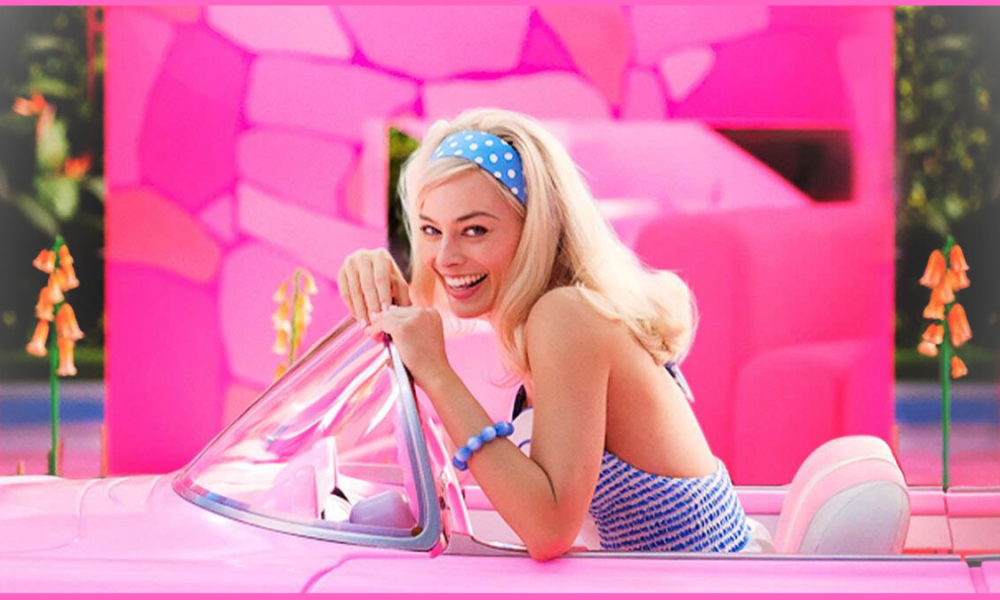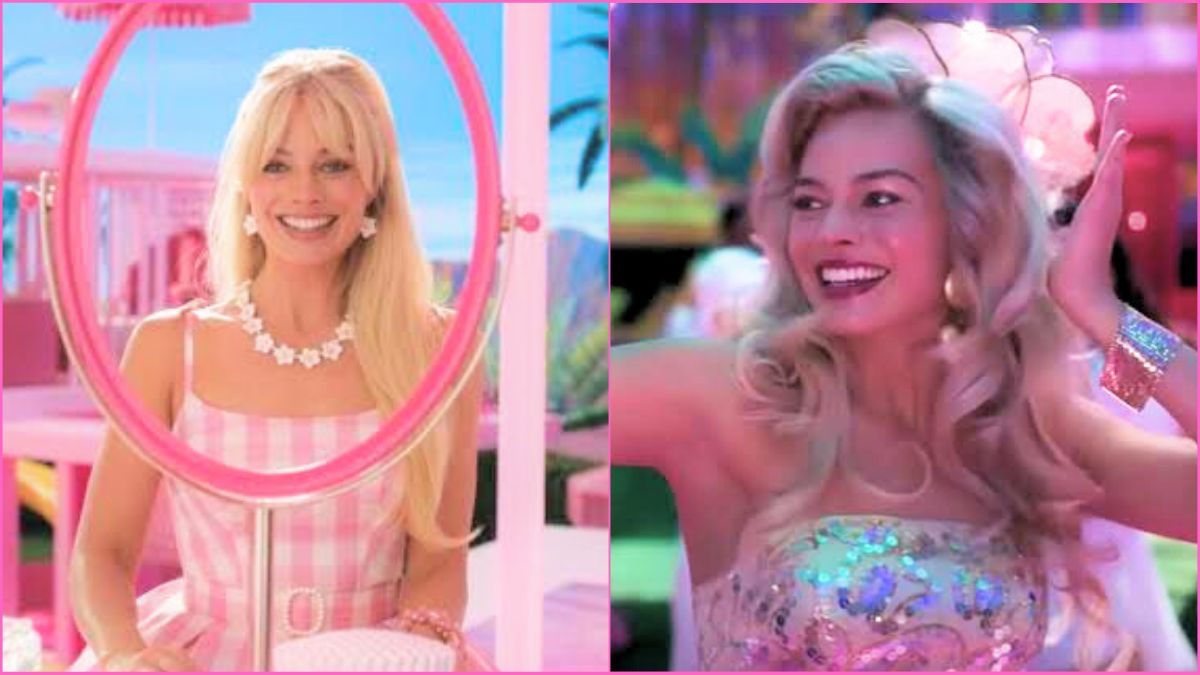
New Delhi: Greta Gerwig’s latest film, “Barbie,” has sparked a whirlwind of contrasting opinions from audiences worldwide.
After just four days since its release, the movie has received a spectrum of reviews, ranging from scathing criticism to resounding praise. Some call it a waste of time, while others find it an enchanting and harmonious experience.
Barbie Movie: “We mothers stand still so our daughters can look back to see how far they’ve come”
— Mario (@mtehuitz) July 23, 2023
not to be dramatic or anything but this barbie movie just changed my life pic.twitter.com/SHPSltjnlK
— ✩∿⋆ (@nctshouse) July 24, 2023
when the men in the movie theatre laugh a little too hard at the misogynistic jokes in barbie pic.twitter.com/55ODPTsfZu
— ivy (@anikaenthusiast) July 23, 2023
Barbie movie so boring unfunny and corny as expected I’m sorry I hate to be a hater but it was hard to sit through I also hate comedies pic.twitter.com/TBi5SzNcjZ
— L (@motivedrugs) July 21, 2023
The movie explores thought-provoking ideas about the definition of a woman and challenges traditional gender biases. Through dialogues like “Is Barbie really a woman? What makes Barbie a woman?” the director, Gerwig, takes a bold stance and questions societal perceptions of femininity and identity.
In “Barbie,” the fictional realm of Barbieland, designed to be genderless and utopian, clashes with the realities of the outside world. Gerwig crafts a sophisticated comedy/fantasy that explores the process of self-discovery for both Ken and Barbie. We see how Ken grapples with the concept of patriarchy in the real world and aims to establish “Kendom” but realizes that Barbie’s presence becomes a mirror that shapes his meaning and understanding of the world.

The movie skillfully weaves together fantasy and reality, inviting audiences to contemplate the fluidity of gender and the complexities of identity. As the discussions around “Barbie” continue to unfold, one thing is certain – Greta Gerwig’s vision has ignited a conversation about the boundaries of gender, challenging preconceived notions and inviting viewers to envision a new, more inclusive world.




